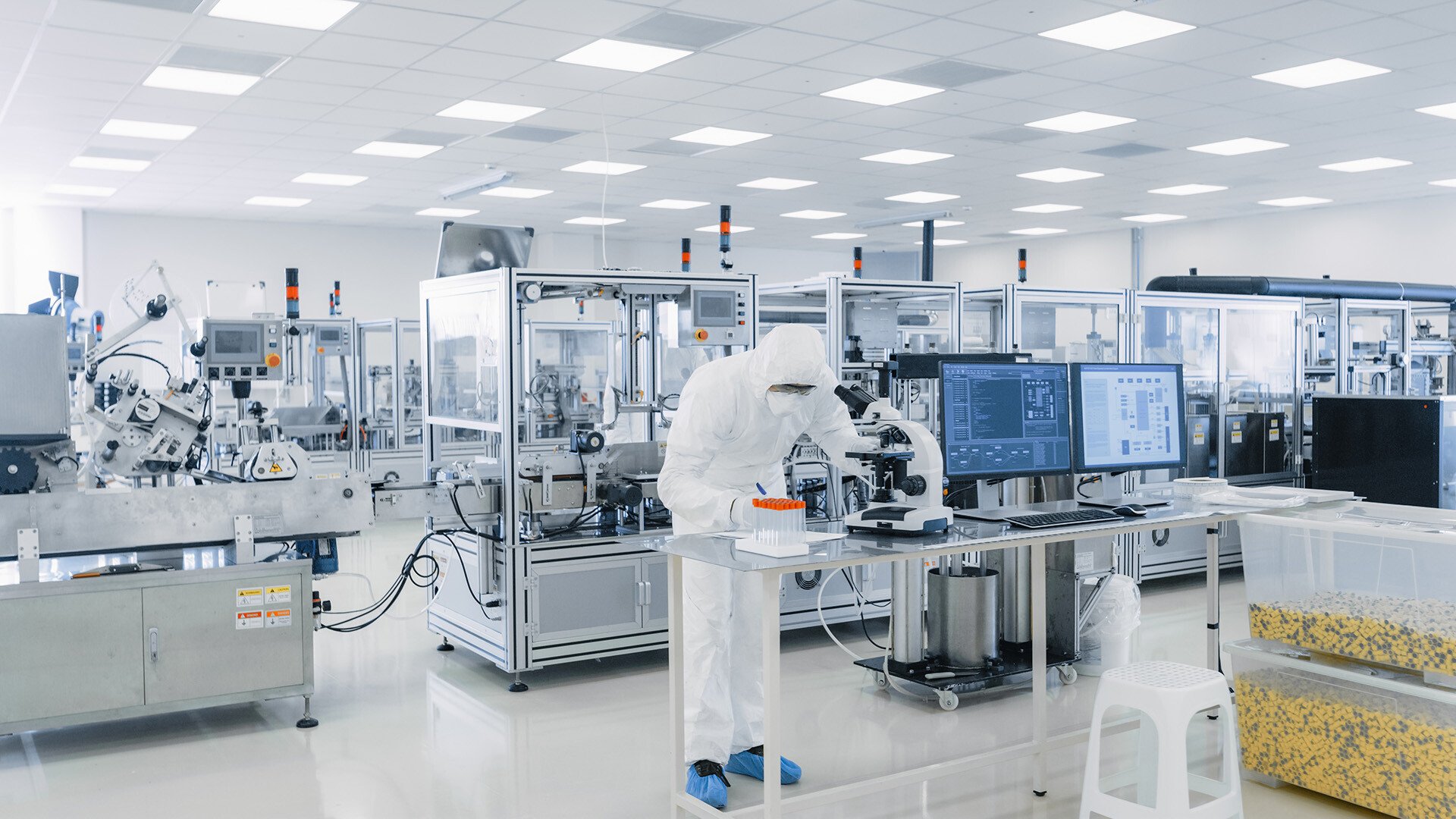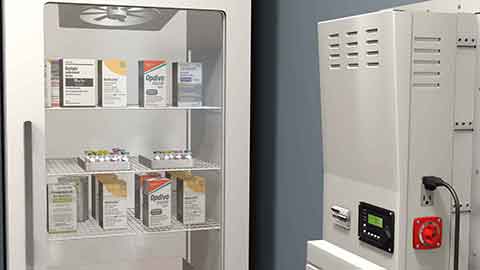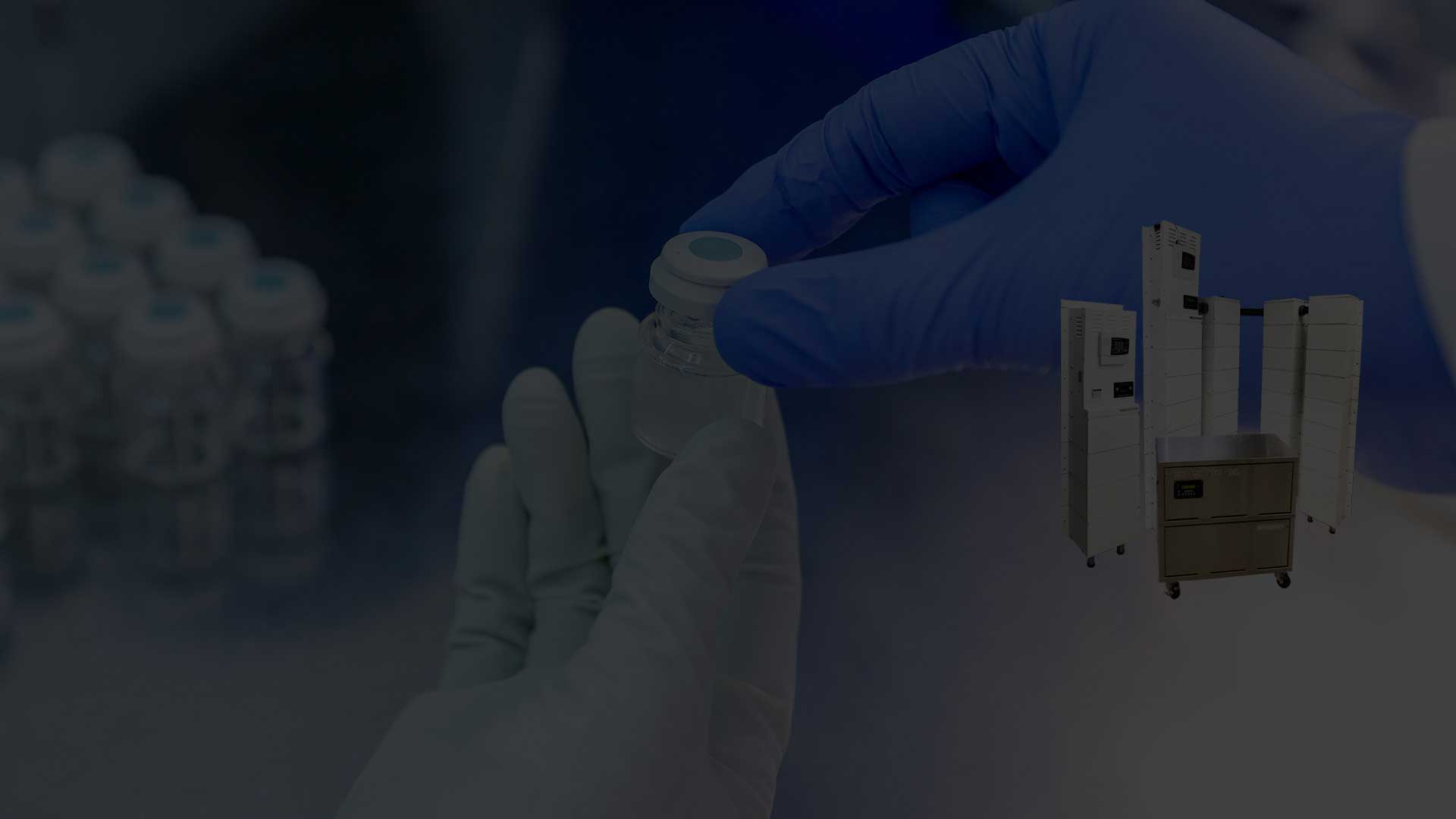Choosing the Right Laboratory Power Supply for Accuracy and Efficiency
A reliable laboratory power supply is essential for ensuring precision in research and maintaining efficiency in industrial operations across various scientific fields. Scientists in electronics, chemistry, physics, and material sciences depend on these power sources to provide a steady flow of electricity while safeguarding equipment from fluctuations that could compromise data integrity. Understanding the different types of power supplies and their key functions is crucial when selecting the best option for laboratory applications.
Understanding Laboratory Power Supplies
A laboratory power supply is a controlled electricity delivery system designed for scientific experiments and research equipment. These power sources offer adjustable voltage and current settings, allowing researchers to tailor power output according to experimental needs. Ensuring a steady and precise flow of electricity is critical, as fluctuations can disrupt results and damage sensitive instruments.
To maintain high levels of accuracy, laboratory power supplies are designed with integrated safety features that protect devices from electrical hazards. Models with multiple voltage and current settings extend their usability across various experimental and industrial applications. Choosing the right power supply ensures consistent performance, reducing the risk of equipment failure and inaccurate test results.
Types of Laboratory Power Supplies
Laboratory power supplies come in different forms, each suited for specific applications. Linear power supplies offer exceptionally steady voltage outputs with minimal noise, making them ideal for experiments requiring precise conditions. However, they tend to be bulkier and consume more energy than their alternatives.
Switching power supplies, on the other hand, operate with high-frequency switching to maximize energy efficiency while minimizing weight. Though more efficient, they introduce some electrical noise, which can be problematic for highly sensitive experiments. For applications requiring automated control, programmable power supplies enable researchers to manage voltage and current settings through a computer interface. This feature proves invaluable for repetitive testing and automated industrial processes.
In settings where uninterrupted power is necessary, uninterruptible power supplies (UPS) provide backup electricity in case of blackouts. Laboratories that rely on continuous power benefit from this technology, as it prevents disruptions that could impact experimental accuracy. UPS systems also protect equipment from sudden power fluctuations, ensuring stable operations even during electrical disturbances.
Key Factors in Selecting a Laboratory Power Supply
Choosing the right laboratory power supply involves evaluating several crucial factors. Voltage and current range are fundamental considerations, as different experiments and devices require varying power levels. A supply with adjustable output ensures flexibility, accommodating multiple research setups without requiring separate power sources.
Stability and accuracy play a significant role in laboratory environments where precision is paramount. Power supplies that minimize ripple and electrical noise help maintain reliable experimental conditions. Built-in protection features, such as overcurrent and overvoltage protection, safeguard both the power supply and connected equipment from potential damage, extending the lifespan of laboratory instruments.
For facilities handling multiple experiments simultaneously, power supplies with multiple output channels enhance efficiency by eliminating the need for separate units. Additionally, remote control and automation capabilities allow researchers to manage settings with ease, streamlining workflows in advanced laboratory settings.
Energy efficiency and heat dissipation are also essential considerations, as power supplies generate heat during operation. Models designed for optimal cooling reduce energy waste and maintain a stable working environment. Connectivity features such as USB, Ethernet, and GPIB enhance functionality by enabling remote monitoring and data logging, which is especially beneficial for automated testing processes.

The Importance of Choosing the Right Power Supply
Investing in a high-quality laboratory power supply enhances productivity and ensures the safety of sensitive equipment. A well-chosen power source provides a consistent energy supply, preventing interruptions that could compromise research outcomes. Laboratories requiring uninterrupted power benefit significantly from UPS systems, which provide backup electricity and maintain continuous operations.
Modern laboratory power supplies feature digital displays, programmable settings, and advanced safety mechanisms, making them versatile and reliable. Selecting the best power supply requires careful evaluation of specifications and operational needs to match the unique requirements of each research facility.
To explore dependable power solutions for laboratories, contact Medi-Products today and discover how our advanced power backup systems can support uninterrupted research operations.
Stay Powered, Stay Precise!



